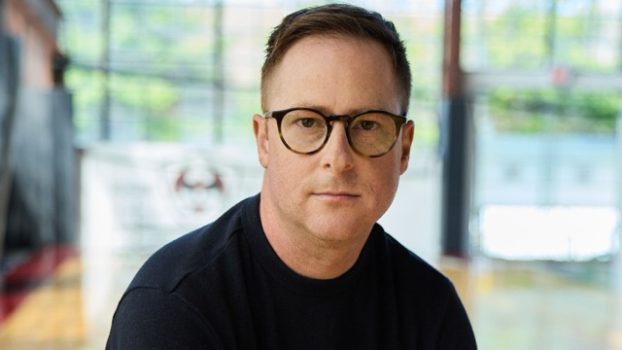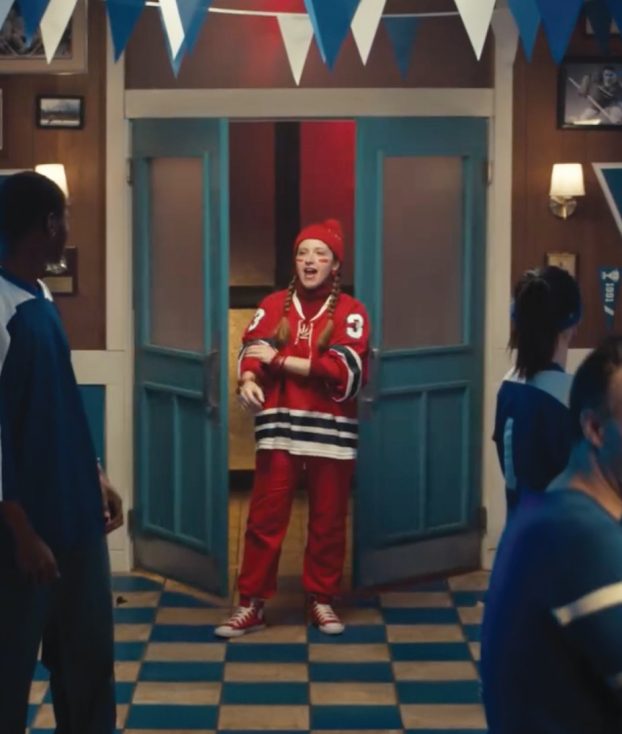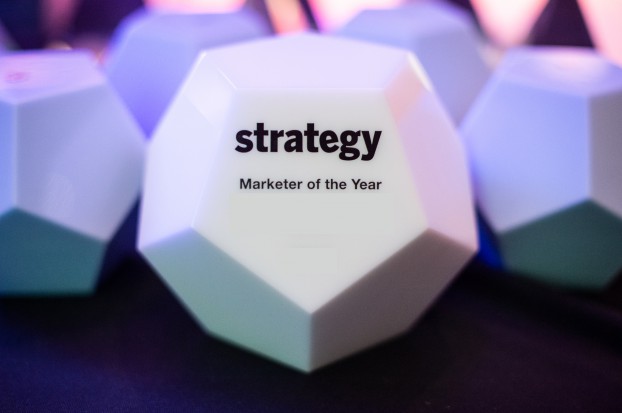In a poll of media sellers across Canada, Media Buying Services, with total annual billings of $265 million, was voted Best Media Operation.
In alphabetical order, the company’s top 10 clients are: Allied Domecq, Canada Trust, The T. Eaton Company, Helene Curtis, Microsoft, Michelin, the Government of Ontario, Paramount Pictures, Re/Max, and The Rogers Group of Companies.
We asked Peter Swain, president of mbs, to answer a few questions about the changing nature of the media business.
Q. To what degree are clients relaxing the rules on quantitative buying and opening the door to qualitative judgment?
A. From all of our experience, I would have to say that I don’t know any client that is relaxing the rules on quantitative buying – but perhaps they are adding a better focus with respect to the qualitative issues.
We are still in an era where clients want more value for money.
Q. A senior agency executive once said that media buyers and sellers were often guilty of knowing the price of everything but the value of nothing. To what extent do buyers better understand the ‘value equation’ today?
A. I think it really depends on the connection that the media buyer has with the whole marketing/advertising process.
If the buyer is a backroom individual, and that has historically been the case, then they are going to get disconnected.
Obviously, in our type of organization, our media buyers are front and centre with advertisers, so, with respect to the value equation, if we really understand exactly what the goals are and what the qualitative issues are, we are going to produce the desired results.
What we are seeing is an interesting dynamic, where in the very early days of our history, in the early ’70s, the criticism [of dedicated media buying operations] was, ‘They only buy cheap media.’
Now what we are finding is that we have invested very heavily in the intelligence of media, not only in research, but in people who can interpolate data, and understand marketing, so we are very much into the area of selling advertising media effectiveness.
And, interestingly, what we are now hearing is a number of advertising agencies saying, ‘We buy cheaper.’
So the roles appear to have been completely reversed.
Q. The vocabulary of media has frightened away a lot of people – clients, account services people and creative people included. What are you doing to get around that?
A. I do an orientation with all new employees who come into mbs. And part of it is dealing with this subject.
Why on earth would we try and speak to our clients in a foreign language and make them work really hard to understand what we are doing? That’s crazy.
It is certainly an axiom here not to be so pompous as to make our clients work hard to understand us.
If it doesn’t make common sense, and we cannot communicate well, we are, by definition, not going to do a very good job.
And we are seeing advertisers who are not prepared to put up with code language that they can’t understand.
Certainly, there are a number of advertisers who have also found the corollary in the creative area, where they have felt ill at ease questioning a creative guru, because they think, ‘Am I really a philistine and don’t understand pure creativity?’
So there’s a different code perhaps.
Q. The terms ‘interactive media’ and ‘new media’ have been on everyone’s lips for the past couple of years. But how much activity is actually going on in terms of planning and buying within traditional media departments and operations?
A. It obviously varies tremendously.
In the traditional media departments, there’s probably not much activity.
With companies like ours, there’s a considerable amount.
The issues that are facing all of us on the agency side with respect to these new media are that 1) a lot of them are experimental.
So while we would encourage and want to explore these with our clients, our clients are saying, ‘Tell us when the experiment is over.’
And 2) perhaps the more prescient issue for a lot of advertising agencies at the moment is the mechanism for getting paid for the amount of work that is entailed in some of these new media ventures.
And that’s going to be an issue that’s going to have to come more and more to the fore.
If we are in the era of an interactive tv commercial, for example, does the agency get paid for that 10-second gateway that triggers a viewer to press that button that puts everything on pause while you go into the computer labyrinth to find out which type of automobile you like, and what color you like, and so on?
If that’s the way the industry is going to unfold, the agency revenue base is presumably going to shrink.
So those are the issues that are in front of all of us.
The cost of experimentation is obviously high.
We have just done a deal with another major research group, where we are spending our own good money, probably $200,000 a year over the next two years, in terms of researching the Internet.
So it’s a very heavy investment for anyone who wants to get into it seriously.
Q. The history of media buying, particularly in the late 1980s, was largely adversarial and confrontational. How would you characterize the situation today?
A. If that’s the case, that’s the first I’ve heard of it.
The media owners, I think quite genuinely, want to deal with literate consumers, and by that I mean media buyers.
They want to be able to talk to somebody that has the experience, the wisdom and the authority to say ‘yes’ to an idea.
If the media buying decision-making is a back room of an agency function, those great ideas that the media owners come up with have to go through several hands before they get to the client.
So we have always experienced a tremendous degree of support from the media owning community.
Q. How would you characterize your clients’ changing expectations of their media buying operation?
A. First of all, it’s self-evident that the media buying function has the greatest continuity of function.
And what we have found is that advertisers are now looking for us to get involved much more in the very early strategic decision-making process.
That’s a big change.
Last year, we hired [former vice-president of marketing at Hershey Canada] Adrian Sark to help us address that issue, to get at the very senior management levels, in the strategic communication planning role.
We are doing more than the executional function.
We’re ‘front of house’ as they say in the restaurant industry.
Media departments were the last guys to stand up in a presentation. Not any more. We have moved front of house.
Which is great, for better or worse.























